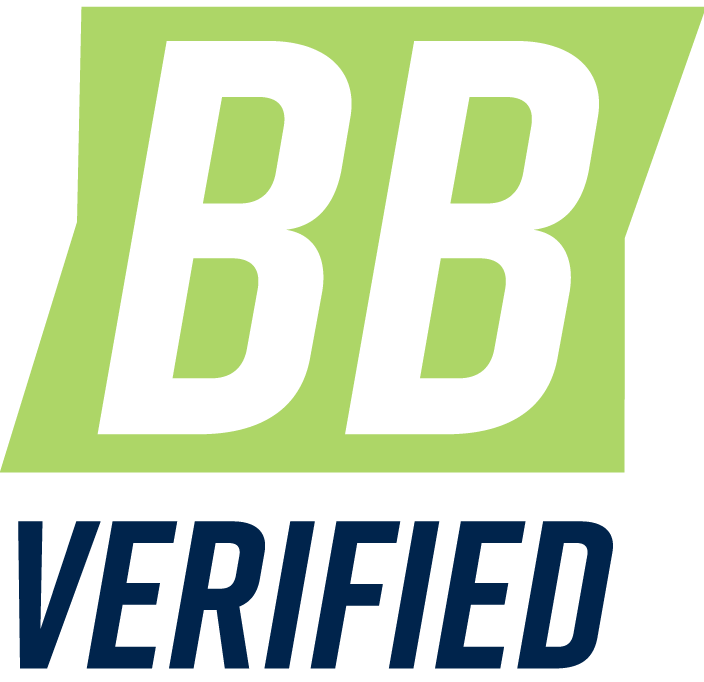7 Common Pre-Tax Deductions
Written by: Better Buyer
Pre-tax deductions can offer valuable savings by lowering your taxable income before taxes are applied. By taking advantage of these deductions, such as contributions to health insurance or retirement plans, you can keep more of your earnings while preparing for the future. Typically, employers manage pre-tax deductions automatically, but understanding them can help you maximize potential savings.

What Are Pre-Tax Deductions?
Pre-tax deductions are amounts taken from your paycheck before federal, state, and payroll taxes are applied. This reduces your taxable income, meaning you pay less in taxes overall. These deductions typically apply to benefits like retirement savings plans and health insurance. Additionally, they can reduce FICA taxes (Social Security and Medicare), benefiting both employees and employers by potentially lowering employer-paid taxes such as FUTA and state unemployment insurance (SUI). Since they're deducted pre-tax, the impact on take-home pay is smaller, and these deductions are usually selected during benefits enrollment.
1. Health Insurance Premiums
Health insurance premiums are one of the most common pre-tax deductions. Employers often offer health insurance plans, and the premiums you pay are deducted from your paycheck before taxes are applied. This reduces your taxable income, effectively lowering the amount of income tax and FICA taxes you owe. Typically, these pre-tax deductions apply to employer-sponsored plans. However, premiums paid for private health insurance may not qualify for this deduction. Employees enrolled in these plans benefit by paying less in taxes while maintaining essential health coverage.
2. Retirement Contributions (401(k) or 403(b))
Contributions to retirement plans like 401(k) or 403(b) are made before taxes are calculated, reducing taxable income and deferring tax payments until withdrawal. For example, if you earn $60,000 and contribute $5,000 to your 401(k), your taxable income is reduced to $55,000. This lowers your immediate tax liability while allowing your retirement savings to grow tax-deferred. Many employers also match contributions, adding further incentives to participate. This benefit is available to most employees and encourages long-term retirement savings while offering tax advantages today.
3. Health Savings Account (HSA) Contributions
Health Savings Accounts (HSAs) are available to individuals enrolled in high-deductible health plans. Contributions to an HSA are deducted pre-tax, reducing your taxable income and providing triple tax benefits: contributions are tax-deductible, funds grow tax-free, and withdrawals for qualified medical expenses are tax-free. HSAs also allow unused funds to roll over year after year, making them a powerful tool for long-term savings. Both individuals and employers can contribute, making this an attractive option for reducing current tax burdens while saving for healthcare needs.
4. Flexible Spending Account (FSA) Contributions
Flexible Spending Accounts (FSAs) allow employees to set aside pre-tax money for qualifying medical, dental, or dependent care expenses. Since contributions are deducted before taxes, they reduce taxable income, leading to tax savings. FSAs are typically offered through employers and come with annual contribution limits. Unlike HSAs, FSAs often operate on a "use it or lose it" basis, meaning unused funds may expire at the end of the plan year. FSAs provide an effective way to manage out-of-pocket costs while lowering overall tax liability.

5. Commuter Benefits
Commuter benefits allow employees to use pre-tax dollars for transportation expenses, including public transit passes, parking, and vanpooling. These deductions reduce taxable income and help cover the costs of commuting to work. The IRS sets limits on how much can be deducted, currently capped at $310 per month for both transit and parking expenses. Commuter benefits are especially valuable for employees in urban areas with significant transportation costs, offering tax savings and convenience for daily commutes.
6. Group Life Insurance Premiums
Many employers offer group life insurance policies, and premiums for coverage up to $50,000 are often deducted pre-tax. This lowers taxable income and allows employees to secure life insurance coverage at a lower cost. However, premiums for coverage amounts above $50,000 are considered taxable income by the IRS. Most employees qualify for this benefit, and it provides basic financial protection for their beneficiaries while offering tax savings.
7. Dependent Care Flexible Spending Account (DCFSA) Contributions
A Dependent Care FSA allows you to use pre-tax dollars to pay for eligible childcare or dependent care expenses, such as daycare, preschool, or elder care. Contributions reduce your taxable income, offering valuable savings for working parents or caregivers. The funds must be used within the plan year, and both parents in two-parent households must be employed or attending school to qualify. DCFSA accounts are a great way to manage care costs while minimizing tax liability.
How to Find More Deductions and Decide When to Hire an Accountant
Of course, this list doesn’t cover every pre-tax deduction you may qualify for. To uncover more deductions, start by reviewing your pay stubs and benefit elections to identify any pre-tax options you might have missed, like tax credits and deductions specific to your financial situation, such as education credits or home office deductions. You can also uncover more deductions by exploring IRS resources, which provide a comprehensive list of potential tax credits and deductions.

Additionally, using tax software can be a great tool, as it automatically identifies eligible deductions based on your financial information and inputs.
If your tax situation becomes more complex—like owning rental properties, multiple income streams, or dealing with major life changes—consider hiring a tax professional. A professional accountant can provide personalized advice, ensure accuracy, and help maximize deductions, ultimately saving time and reducing errors.
The Bottom Line
Pre-tax deductions are a smart way to reduce your taxable income and boost your savings on taxes. By taking advantage of benefits like health insurance, retirement plans, and dependent care accounts, you can lower your overall tax liability while managing essential expenses. However, some deductions are easy to miss, so it's important to review your options carefully. If your financial situation is more complex, hiring an accountant can help you maximize your deductions and avoid costly mistakes. Visit our directory to find expert accountants who can help you navigate these opportunities and optimize your tax return.
Discover
excellent
local
businesses!
Our unique content—articles, ratings, reviews, and videos—help consumers make better purchasing decisions while promoting companies striving to provide customer service excellence.
| Recently Added |
|---|
| Accounting |
| Chiropractors |
| HVAC |
| Moving |
| Physical Therapy |
| Plumbing |
| Windows and Doors |
Is
your
business
in our
directory?
Update your business information to become more visible in our directory. Your lead form will also be activated.
Find your company >






